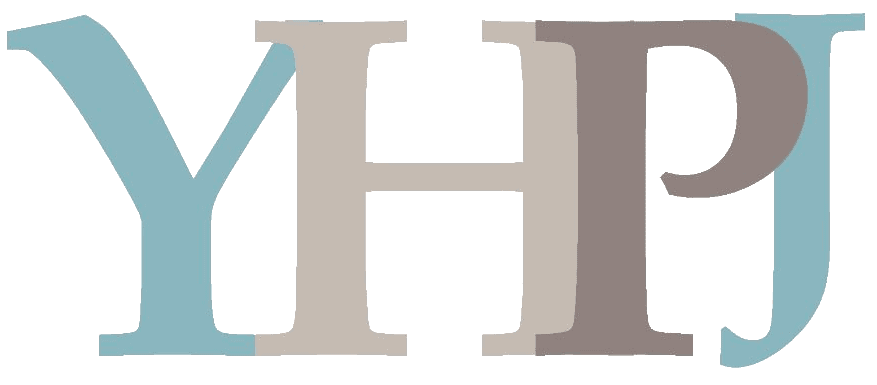
As of today (April 1, 2024), New Zealanders will see a 2% increase in minimum wage to $23.15 per hour, while the training and starting wages will rise to $18.52, remaining at 80% of the adult minimum wage.
Although seen as a conservative increase following the 7% increase to minimum wage the previous year, The Workplace Relations and Safety Minister Brooke Van Velden claims that government “wants to strike a balance between protecting the incomes of our lowest paid workers and maintaining labour market settings that encourage employment”.
This news will likely come as a relief to the 80,000 – 145,000 New Zealanders who fall within the affected range, however; for many businesses already feeling the pinch, this change may require some urgent planning and adjustments. It’s no secret that businesses across the nation have been feeling the effects of increased inflationary pressure driving up the costs of everything from operational expenses and everyday items so for many, this may be a time to step back and consider costs.
Effectively managing cash flow remains a perpetual concern for businesses, and the recent adjustments serve as a timely reminder to revisit your cash flow strategy and expense management practices. With the heightened pressures on cash flow, it’s crucial to reevaluate your expenditures. This goes beyond mere expense tracking; it necessitates a thorough examination of all facets of your business operations to identify any inefficiencies or oversights that may be contributing to unnecessary costs.
At YHPJ, we understand the complexities of managing costs and navigating regulatory changes. Our team is here to provide support and guidance tailored to your specific needs. Whether you’re grappling with pricing strategies or seeking ways to streamline operations, we’re committed to helping your business thrive in today’s dynamic environment.
Give us a call or drop us a note – we’re here to help you navigate these challenges and seize new opportunities for growth.






